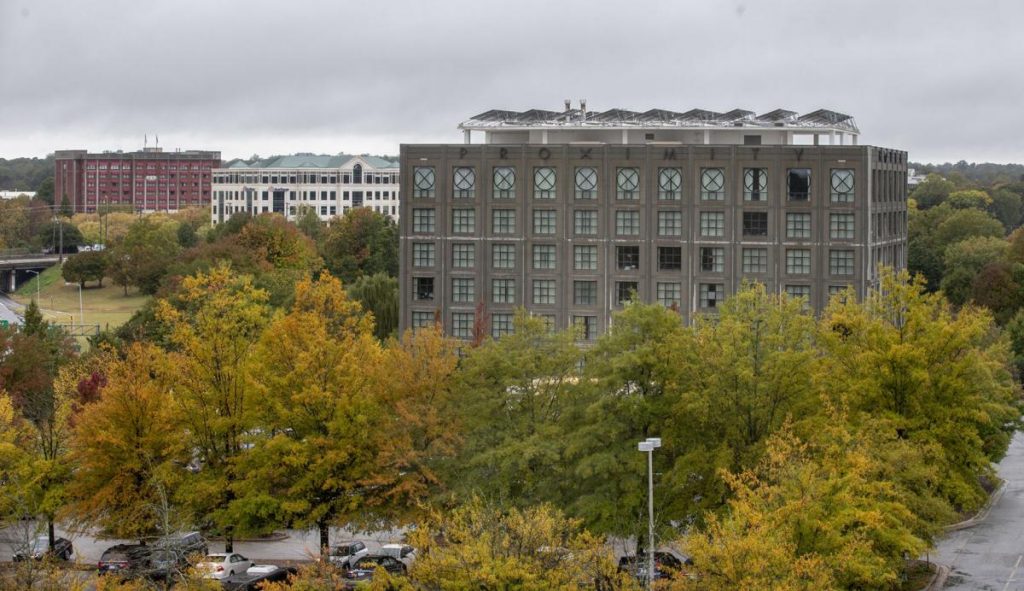Our Opinion: Clean energy is good business in North Carolina
October 23, 2019
October 23, 2019
Greensboro’s Proximity Hotel continues to attract national attention for its groundbreaking attention to energy conservation.
Most recently, the local landmark, which employs a workforce of 221, was the subject of a California-based National Public Radio podcast, whose host visited the city in September.
Built 11 years ago by Greensboro hotelier Dennis Quaintance, the Proximity was the nation’s first LEED Platinum-certified hotel, a badge of honor for “Leadership in Energy and Environmental Design” from the U.S. Green Building Council. And as nice as all that sounds, Quaintance is quick to point out: He is in business to make money. And green is good for the bottom line.

That message appears to be contagious. As national energy policy seems to be lurching back in time toward reckless consumption and dirty fuels — all in the name of the economy — comes a new report that extols cleaner energy. In the name of the economy.
North Carolina ranks sixth in the nation in jobs related to energy efficiency, a national advocacy group for conservation and renewable energy reports. According to E4TheFuture and Environmental Entrepreneurs, North Carolina employs 86,559 in energy-efficient jobs, an increase of 3% over the previous year, or 2,500 jobs. Energy-efficiency workers account for 41% of all energy-related workers in North Carolina, 28% nationally.
The five states ahead of North Carolina include top-ranked California (318,500 jobs), Texas (162,800), New York (123,300), Florida (118,400) and Illinois (89,400).
All told, the new report says, energy-efficiency jobs grew by 3.4% nationally in 2018. That’s more than twice the rate of overall growth for jobs nationwide.
But what, exactly, are “energy-efficient” jobs? They include industries that manufacture and sell EnergyStar appliances; and that produce and install replacement windows and doors; solar panels; LED lighting; and heating, air conditioning and ventilation upgrades. They also include construction companies that retrofit homes, schools and businesses, as well as software and design firms.
“Not only is expanding America’s energy efficiency key to solving multiple climate policy goals, it is now integral to businesses’ expansion plans — saving money and creating local jobs that cannot be outsourced,” Pat Stanton, director of policy at E4TheFuture, said in a news release. Among other findings in the report:
Eleven of the state’s 13 congressional districts are home to at least 4,000 energy-efficiency jobs.
The jobs are widely distributed, with 22,000 in rural areas versus a combined 29,000 in the Charlotte and Raleigh metro areas.
North Carolina is one of 41 states that employ more workers in energy efficiency than in fossil fuels.
The state has been a consistent trendsetter in renewable energy. It ranks second to California nationally in solar power. Over the next five years, North Carolina is expected to add 4,400 megawatts of solar energy to its grid — more than any other state. According to the Solar Energy Industries Association, solar energy accounts for 7,600 jobs in the state.
There’s a widely held misconception that North Carolinians face a choice of cleaner energy or more jobs. This is an “and” proposition, not either/or.
The state should embrace the environmental and economic promise of cleaner and smarter energy.
Doing well and doing good should go hand in hand.